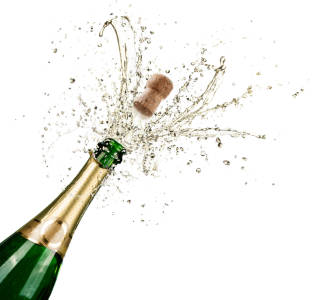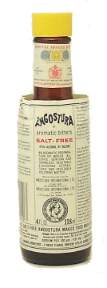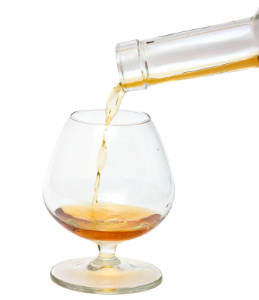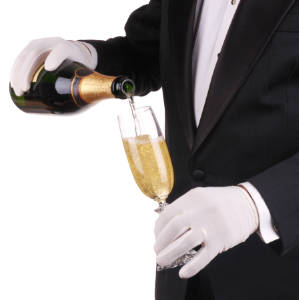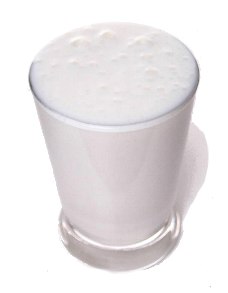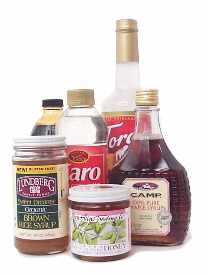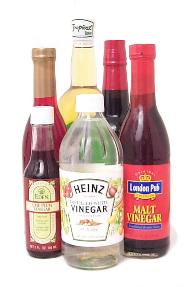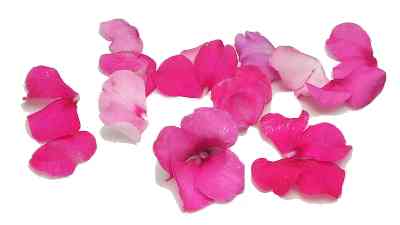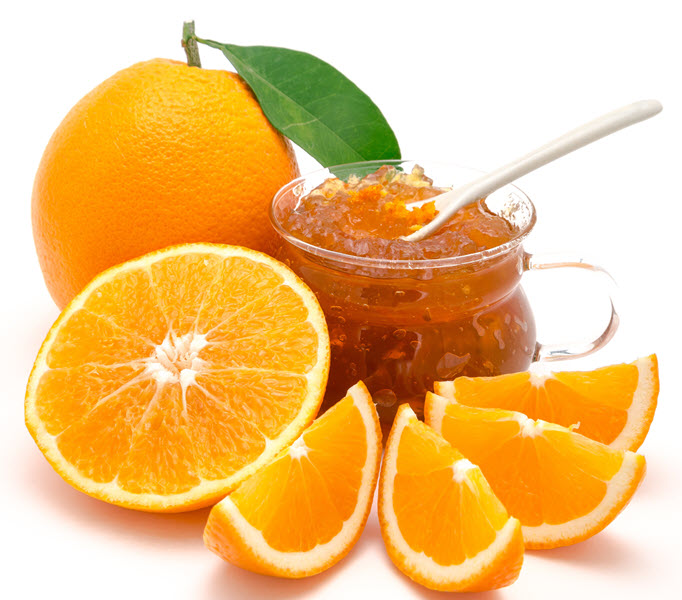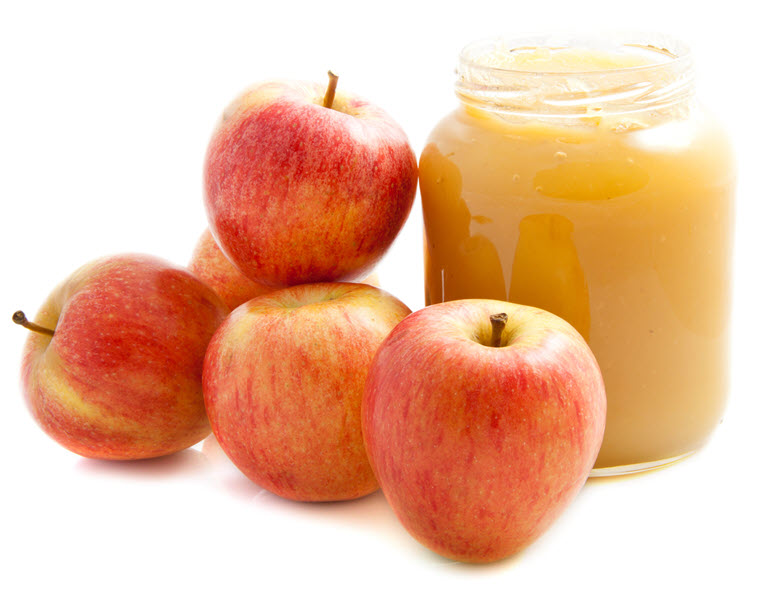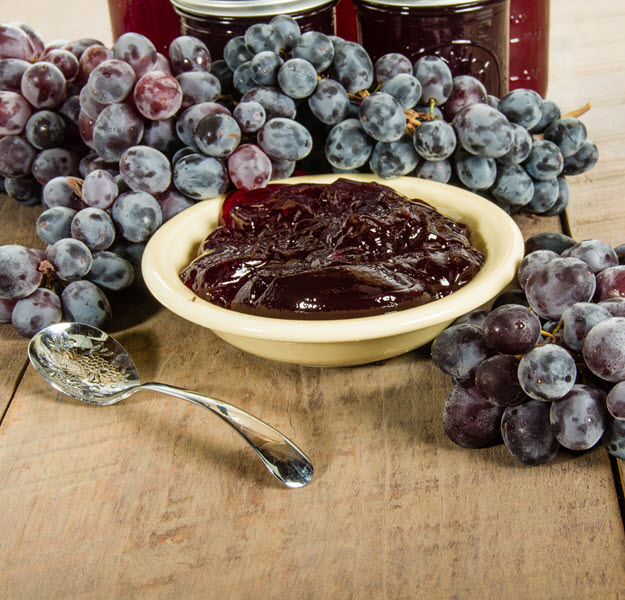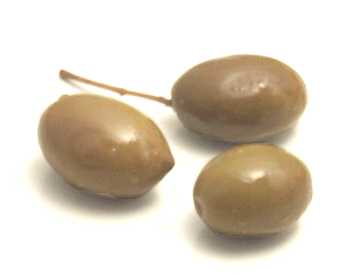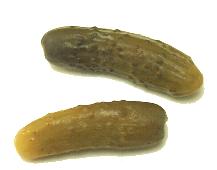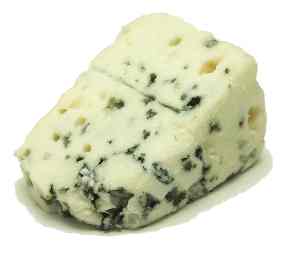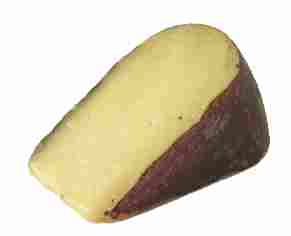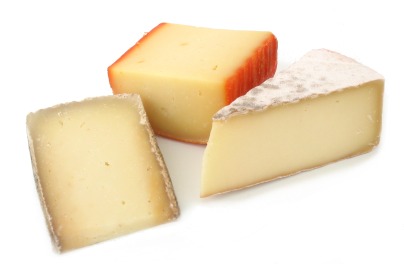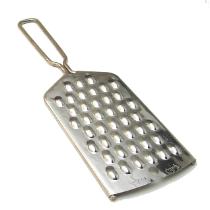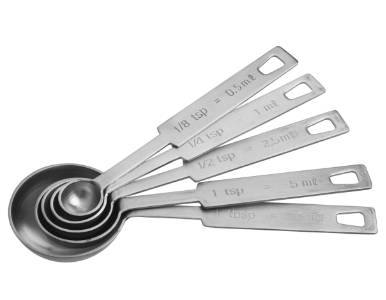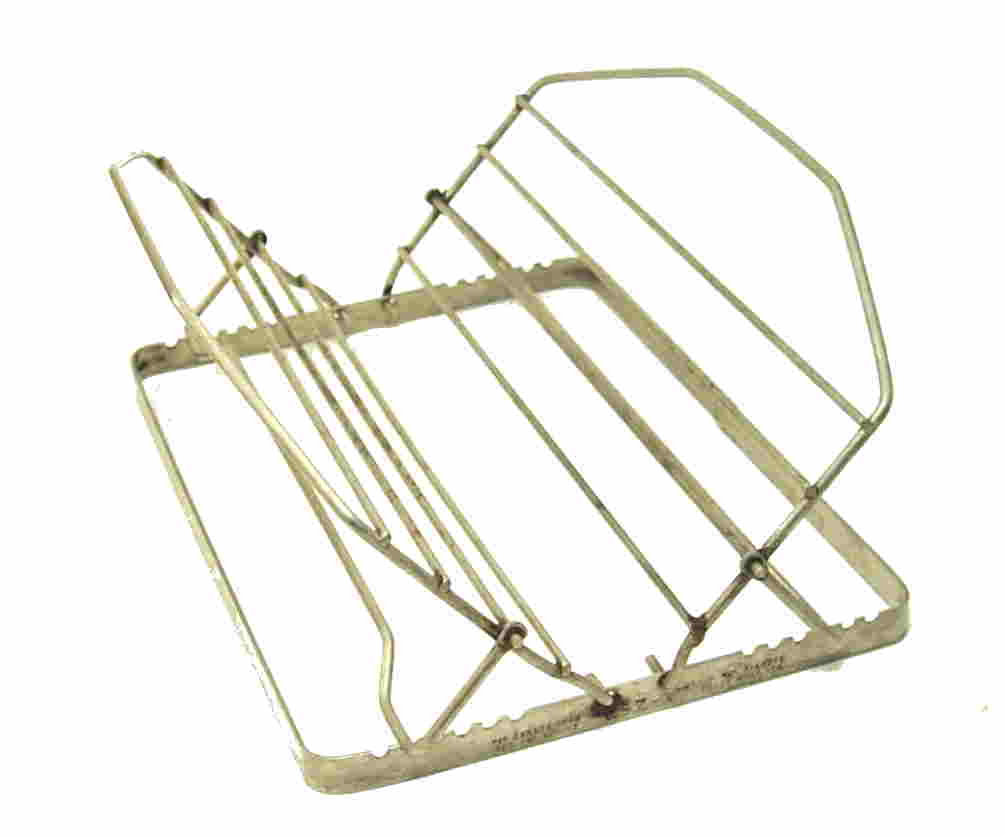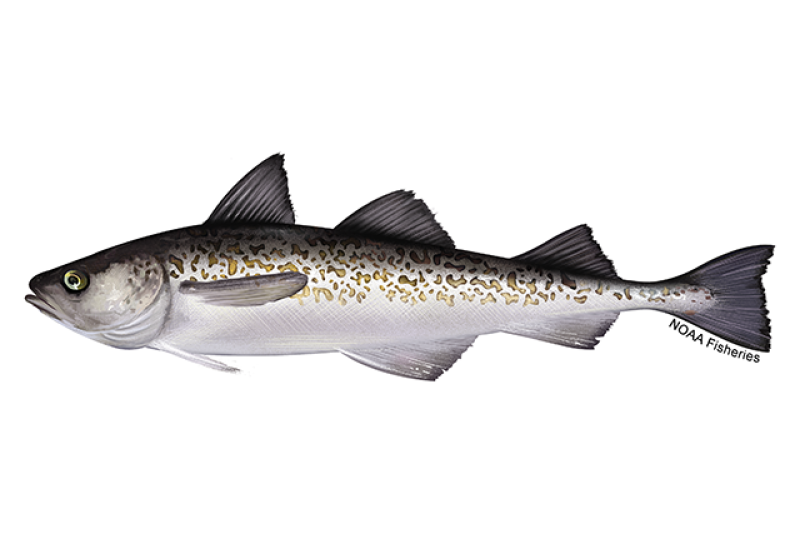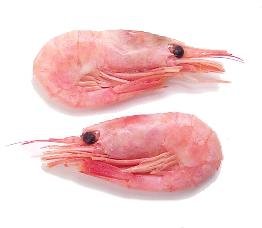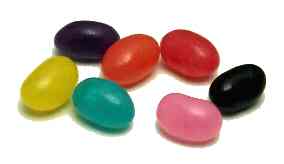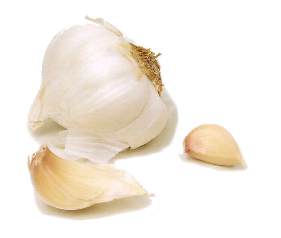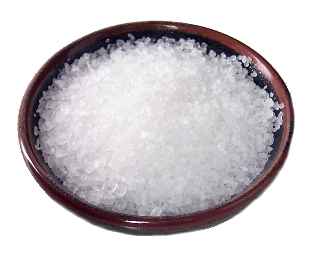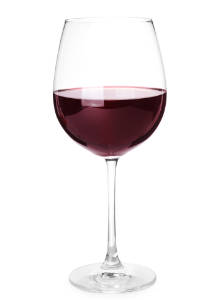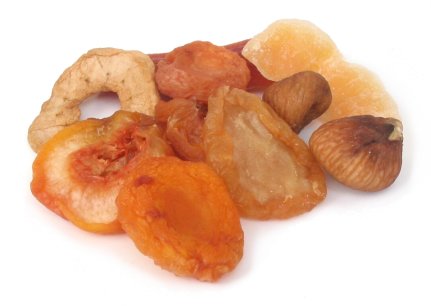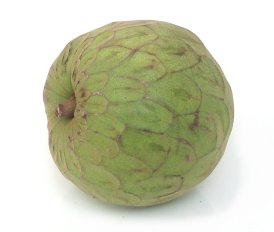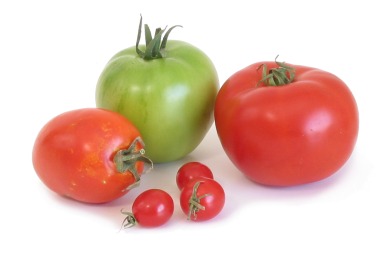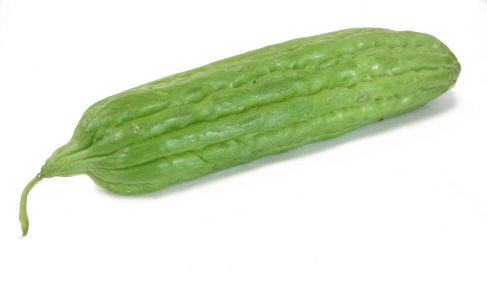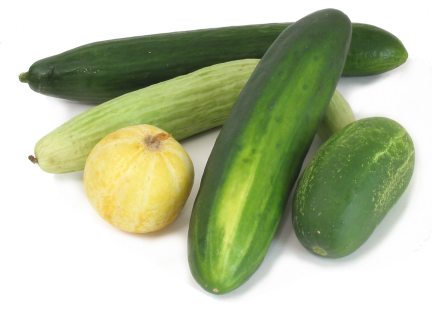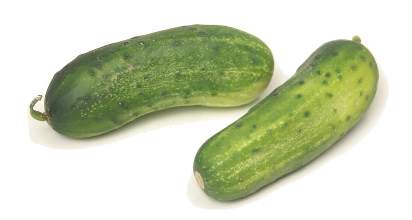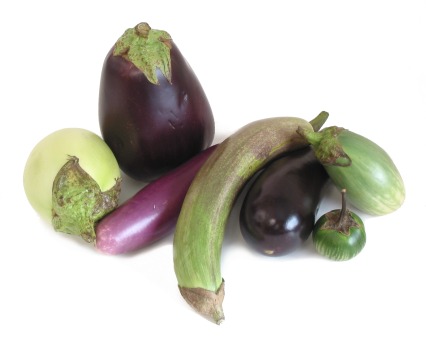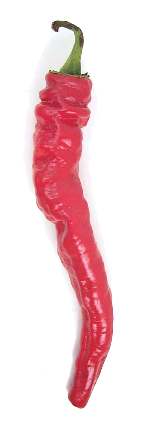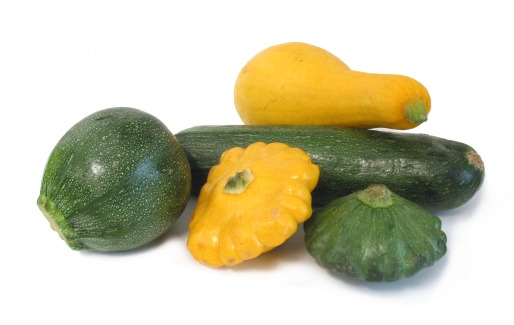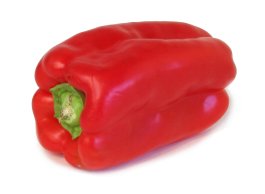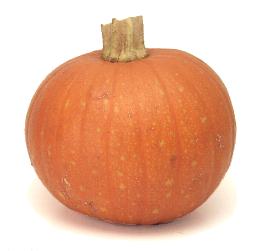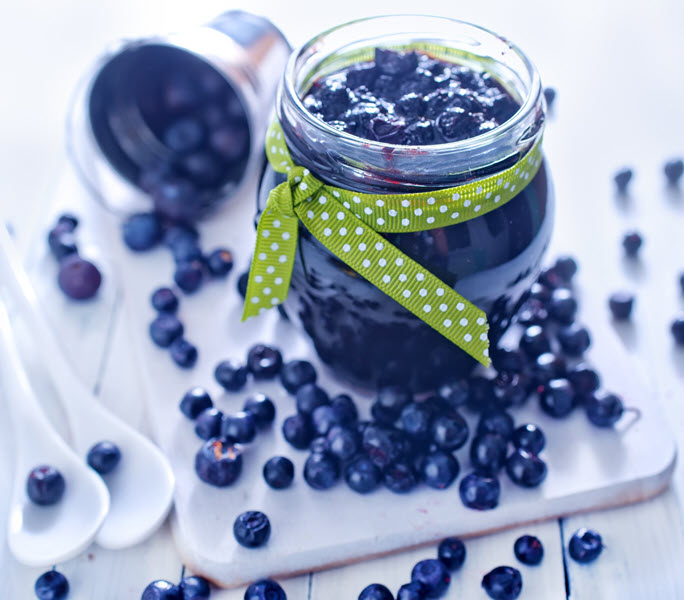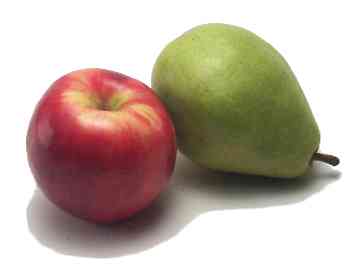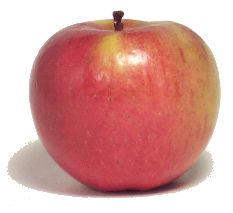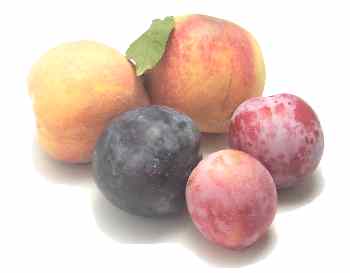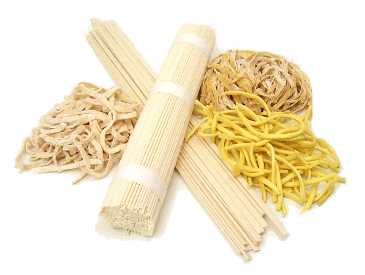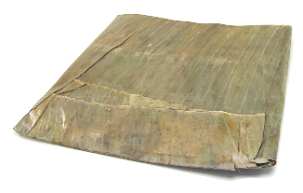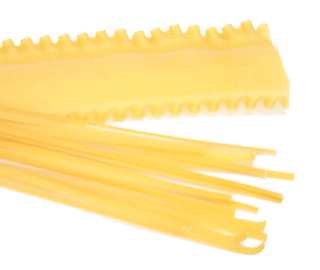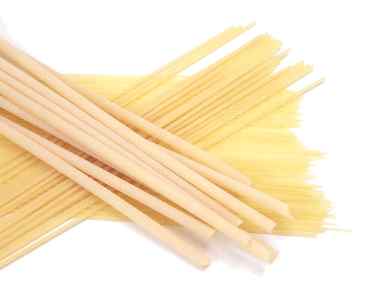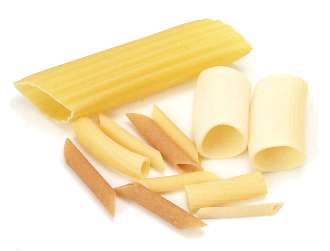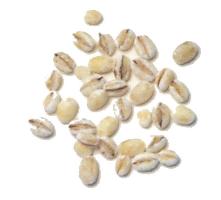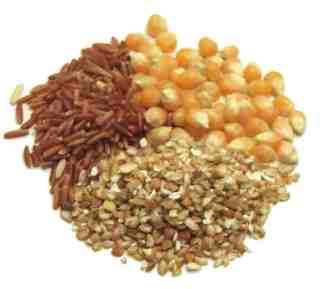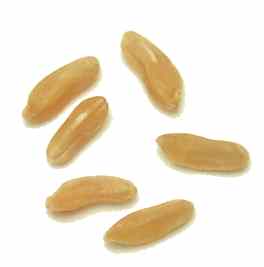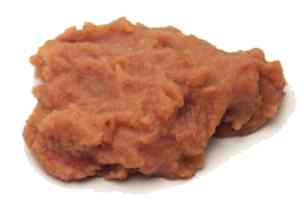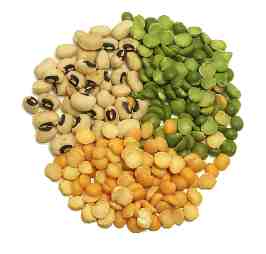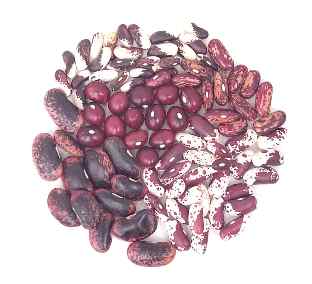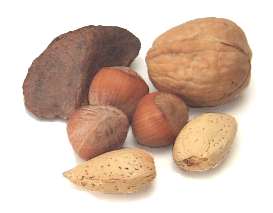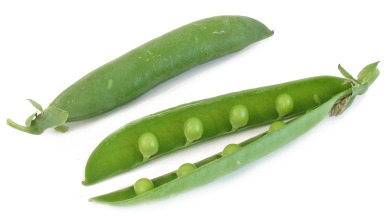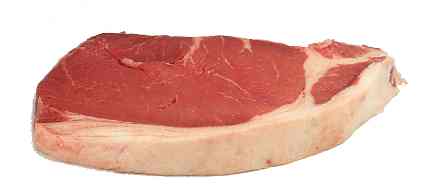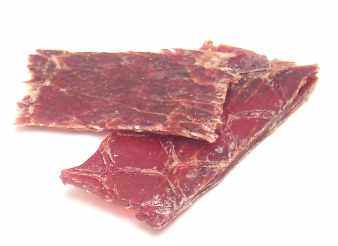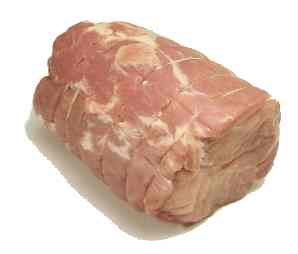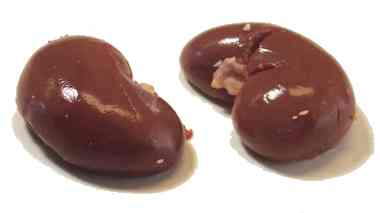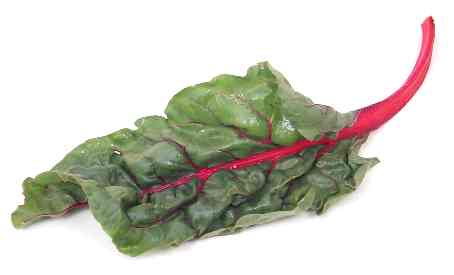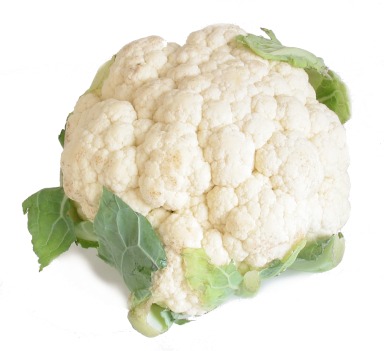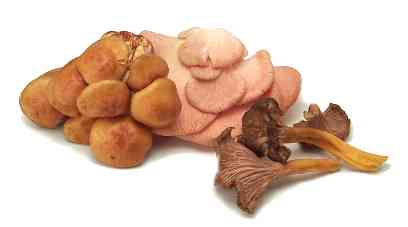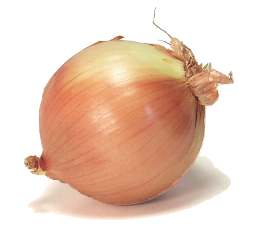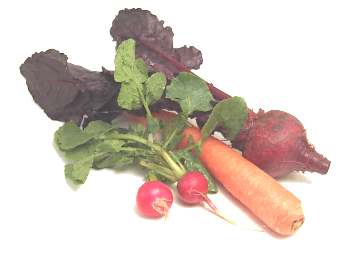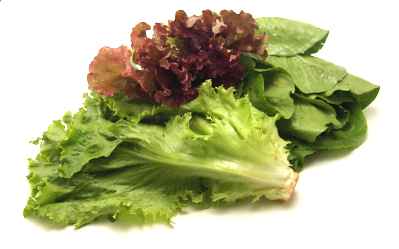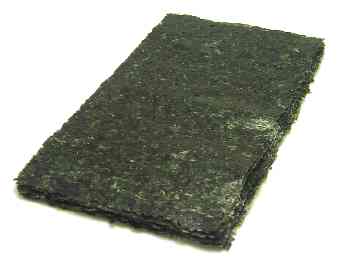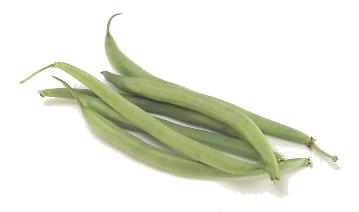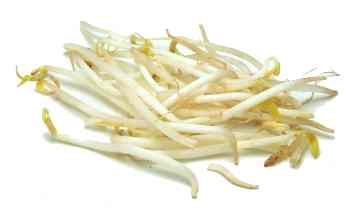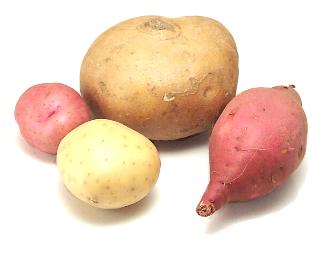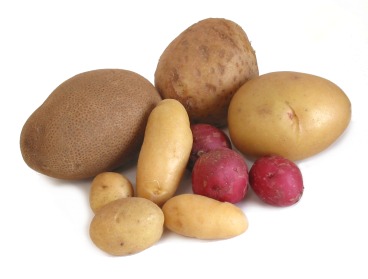Liquids Category

Includes alcoholic beverages, stocks, juices, and vinegar
créme fraîche
This slightly sour thick cream doesn't curdle when it's heated, so it's ideal for making cream sauces. It's also used for appetizers and as a dessert topping. To make your own: Warm one cup heavy cream to about 100°, then add one or two tablespoons of sour cream, cultured buttermilk, or plain yogurt (make sure you buy a brand that contains active cultures). Allow the mixture to sit at room temperature for at least nine hours before refrigerating.
Learn morecrème liqueurs
Despite the name, crème liqueurs contain no cream. Instead, they're liqueurs that have been heavily sweetened and have a thick, syrupy consistency. Don't confuse them with Irish cream liqueurs, which really are made with cream.
Learn morecuraçao
Curaçao is an liqueur made from orange peels. It comes in blue, orange, red, green, and clear versions that all taste exactly the same. To make your own colored version, add one or two drops of food coloring to a cup of clear liqueur.
Learn moreCynar
This is a syrupy Italian liqueur that's made with artichokes, giving it a bittersweet flavor. It's good mixed with club soda
Learn moredark corn syrup
This corn syrup has a mild molasses flavor, and it's a common ingredient in barbecue sauce, pecan pie.
Learn moredark rum
Dark rum has a strong molasses flavor, and it's much heavier than white or amber rums. It's used to make Planter's Punch, but many people like to drink the expensive stuff neat. The best dark rum is made in Jamaica, but Martinique, Cuba, and Haiti are also important producers. Myers is a popular brand.
Learn moredashi
This is a very common Japanese soup stock, usually made with bonito flakes and kelp. Variations include katsuo dashi (made without kelp), konbu dashi (made without bonito flakes), niboshi dashi and iriko dashi (made with different kinds of fish; more flavorful than ordinary dashi), and koi dashi (made with vegetables). Dash-no-moto is an instant version.
Learn morede-alcoholized wine
These aren't as flavorful as ordinary wine, but they're a good choice for people who want to drink wine without consuming alcohol. Sparkling wines are the most popular de-alcoholized wines, but other varieties are also available. Many brands contain small amounts of alcohol.
Learn moredemerara rum
This dark, heavy rum comes from Demerara River region in Guyana. It's often used to make Zombies.
Learn moreDessert Wine
These are sweet wines that are served with (or instead of) dessert. Examples include fortified wines like port and sherry, and late harvest wines, which are made from grapes that have shriveled a bit, concentrating their sweetness. As a rule of thumb, a dessert wine should always be sweeter than the dessert it accompanies.
Learn moredraft beer
This refers either to beer that's stored in a keg or to unpasteurized beer in bottles or cans
Learn moredry vermouth
Dry means "not sweet", and this popular style of vermouth is used to make many cocktails, including the martini.
Learn moreDubonnet
This is a French apéritif made with white or red wine and flavored with quinine and other herbs and spices. The white version is drier than the red
Learn moreevaporated milk
This is sold in cans, and comes either whole or nonfat. Don't confuse it with sweetened condensed milk, which has lots of sugar and is not a good substitute. While evaporated milk is sometimes called condensed milk, most recipes that call for condensed milk are referring to sweetened condensed milk. Evaporated milk is sold with varying amounts of butterfat, ranging from whole evaporated milk with about 8% to skim evaporated milk with about 0.5%. To reconstitute evaporated milk, combine it with an equal amount of water.
Learn morefalernum
This is a Caribbean cane syrup that's delicately flavored and slightly alcoholic. It's sometimes used in rum-based cocktails.
Learn moreFernet Branca
This is a famous Italian brand of bitters that's supposed to ease hangovers. It's flavored with over 40 herbs and spices. Branca Menta is a mint-flavored version.
Learn moreflavored syrups
These are often used to flavor Italian sodas or coffee. They come in dozens of flavors, but some of the most popular are vanilla, almond, raspberry, Irish cream, and hazelnut. Popular brands include d'Arbo, Monin, and Torani. To make your own: Make a simple syrup with equal parts sugar and water, then add flavored extract to taste. Store in the refrigerator.
Learn moreflavored vinegar
These are vinegars that have been flavored, usually with herbs, fruit, garlic, or peppercorns. They're handy if you want to whip up a flavorful salad dressing or sauce in a hurry.
Learn moreflower liqueurs
These liqueurs are flavored with flowers. Examples include crème de violette and crème de rose.
Learn moreFortified Wine
These are wines that have been fortified with brandy and sometimes flavored with herbs, roots, peels, and spices. The most popular examples are sherry, Madeira, Marsala, port, and vermouth. Fortified wines are often used in cooking, or they're served as apéritifs or dessert wines.
Learn moreframboise
This is a clear French fruit brandy that's made with raspberries. Don't confuse this with framboise liqueur, which is sweeter, or with framboise syrup, which is a non-alcoholic raspberry flavoring.
Learn morefruit brandies
While other brandies are distilled from fruit juice, fruit brandies are distilled from the entire fruit--skins, pits, and all. They're usually colorless, and fairly high in alcohol. Varieties include apricot brandy, plum brandy, kirschwasser (cherries), framboise (raspberries), fraise (strawberries), grappa (grapes), pisco (Muscatel grapes), mure (blackberries), and myrtille (bilberries). Don't confuse fruit brandies with the cheaper and cloyingly sweet fruit-flavored brandies.
Learn morefruit vinegar
Fruit vinegars are assertive without being pungent, so they make terrific salad dressings. More healthful ones, too--since they're not as pungent as other vinegars, you can cut calories by using less oil. They're also good in marinades and in sauces for roasted meats, especially poultry, ham, pork, and veal. Popular commercial vinegars include raspberry vinegar, blueberry vinegar, and mango vinegar. They're easy enough to make at home, but seek out a trustworthy recipe. If too much fruit is added to the vinegar, it may not be sufficiently acidic to ward off harmful microbes.
Learn morefruit-flavored brandy
This is brandy that has fruit flavoring and coloring added. Don't confuse these sweet liqueurs with the more elegant and expensive fruit brandy, which is distilled from whole fruit
Learn moreGalliano
This excellent Italian liqueur is flavored with anise and comes in a bottle that's one inch taller than your liquor cabinet. It's used to make Harvey Wallbangers and other cocktails.
Learn moreGamay
This name is given to American red wines made mostly from Pinot Noir and Valdiguie grapes. It's an unexceptional fruity wine that goes best with hearty dishes that have rich sauces. Don't confuse this wine with Gamay or Napa Gamay, both of which are superior. The name Gamay Beaujolais is scheduled to be phased out by 2007.
Learn moreGamay Beaujolais
This name is given to American red wines made mostly from Pinot Noir and Valdiguie grapes. It's an unexceptional fruity wine that goes best with hearty dishes that have rich sauces. Don't confuse this wine with Gamay or Napa Gamay, both of which are superior. The name Gamay Beaujolais is scheduled to be phased out by 2007.
Learn moreGammel Dansk
This Danish liqueur is flavored with 29 herbs and spices. It's usually served at room temperature.
Learn moreGewürztraminer
German and domestic versions of this white wine are somewhat sweet, flowery, and relatively low in alcohol. They're very good with curry and spicy Asian food. Imports from Alsace tend to be drier and are excellent with seafood and poultry.
Learn moregin
This is distilled from grains and similar to vodka except that it's flavored with juniper berries, herbs, peels, and spices. London gin = dry gin = English gin = London dry gin is the preferred gin for martinis and other mixed drinks. American gin is similar, but isn't quite as heavy and dry as London gin. Hollands gin = sweet gin = Dutch gin = Geneva gin = Jenever is sweeter and more aromatic than other gins and isn't normally used for mixed drinks. Don't confuse gin with sloe gin, which is sweetened.
Learn moreginger ale
This is a non-alcoholic, pale amber, carbonated drink. It's used in various cocktails.
Learn moregoat's milk
This comes with varying percentages of butterfat. You can buy it fresh, or as powdered milk, canned evaporated milk, or UHT milk packed in aseptic containers. Fresh is best for drinking and delicate desserts, the other kinds pick up an unpleasant caramelized flavor when they're heated for packaging.
Learn moregolden syrup
This amber-colored liquid sweetener is popular among British, Caribbean, and Creole cooks. It's made by evaporating sugar cane juice until it's thick and syrupy. Lyle's Golden Syrup and Steen's Pure Cane Syrup are popular brands.
Learn moreGoldschläger
This is a cinnamon schnapps with gold flakes floating in it. Imagine filling your mouth with red hots and washing them down with vodka.
Learn moreGoldwasser
This is a liqueur flavored with citrus peel, herbs, and spices. It has gold flakes floating in it.
Learn moregrain alcohol
This is pure alcohol--odorless, tasteless, and very potent at 190 proof. Cooks use it to make liqueurs, but since it can also be used to purify crack cocaine, eyebrows may be raised if you buy a large bottle. Well-known brands include Everclear and Sunset. Grain alcohol should always be diluted before consumption, since it's so harsh and potent. Don't substitute methyl alcohol or rubbing alcohol for grain alcohol--both of these are toxic.
Learn more
